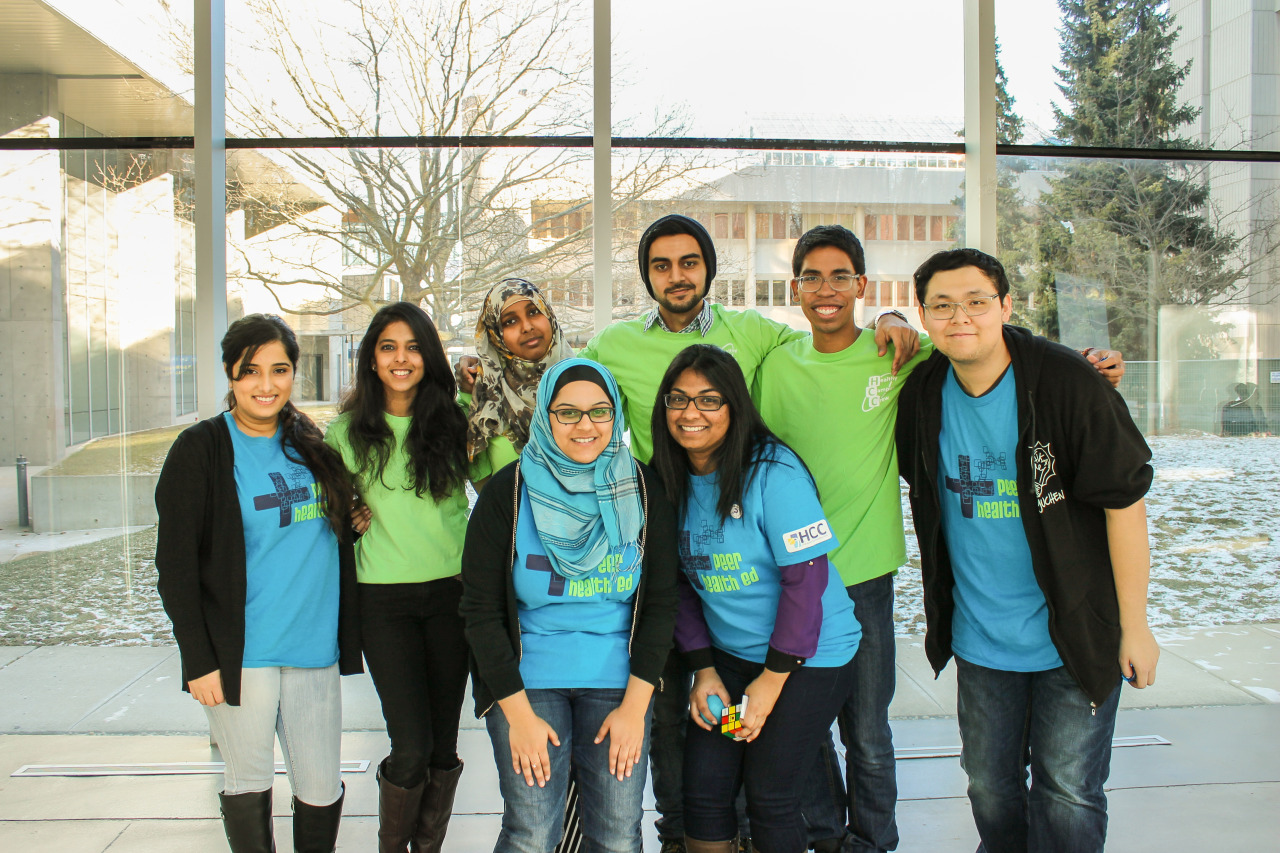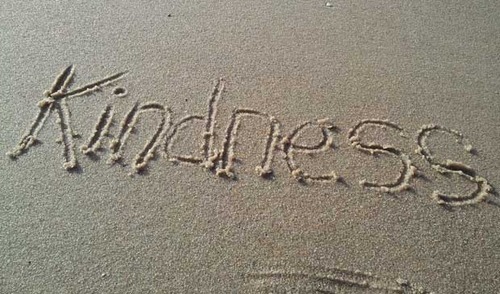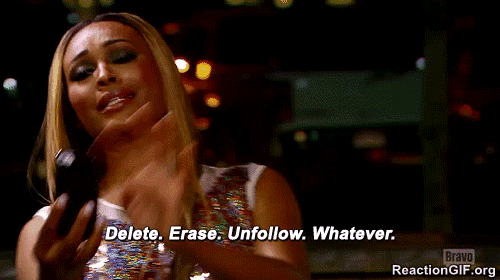
Professors understand the responsibility of postsecondary students. They have readings and assignments for multiple classes, studying, work, sleep, exercise, and hopefully time for socializing. So, to make things easier, they decide to ask students to demonstrate all that they’ve learned at the same time.
This month, as well as the next one, needs structure to keep things on track. Create a schedule, but don’t finalize it. Take the time to study and review notes, but keep an hour or two free.
Know What You Need to Study
- Visualize this. Add the dates and times on a calendar.
- What do you need to do for each class?
- How long will it take (approximately) to complete? Manage this from now until the midterm.
- Make sure you keep track of what’s completed.
- Give yourself enough time to learn the information and review it. Flashcards, repeating key words, and rewriting notes.
- What does the teacher repeat?
- If you have any last minute questions, email the professor as soon as you have them, or a week before the midterm, for enough time to get a reply and review the material.
Prioritize What’s Important
This isn’t just school related. It includes time to sleep, eat, exercise, meet friends and family, and share the laughter, the joy, and the tears over all the work.
Now, not everyone can stick to a schedule. This is why it’s important to leave a few hours free to relax.
In terms of midterm preparation:
- What is your first midterm?
- Which parts of the course do you know best? Review it first and last.
- What section(s) still needs work?
This isn’t about what you can put off. It’s about realizing what you can study and managing the time to learn it.
Also, multitasking can be counter-productive. You are viewing more than one thing and dividing your attention.
An Hour a Day
Take at least an hour a day for yourself. Just 60 minutes to do something relaxing. There is such a thing as studying too much and an overflow of information can lead to a collapse of sanity, sleep, and happiness.
Catch up on your favourite show, watch a movie, exercise, or listen to music. Something that’ll help you relieve stress.
Rewards
The minute that midterms are over, it’s time to celebrate. Most people want to sleep and that is understandable. But what do you want to do more than anything, after all the hard work you’ve done?
This doesn’t have to wait until the end of all your midterms. You can reward yourself for finishing a chapter or your essay, or sticking to your schedule. Positive reinforcement will keep you motivated.
Create a Study Group
Dividing up the work and reviewing it with other people lessens the work you have to do and talking it over will help you learn the material.
You can come up with possible questions, ask for help, go over notes, and quiz each other.
The year 2015 and the midterms—with multiple tests within the same week or day just hours apart—show no signs of slowing down or getting more manageable, so take these scheduling tips and strive for nothing but the best.




